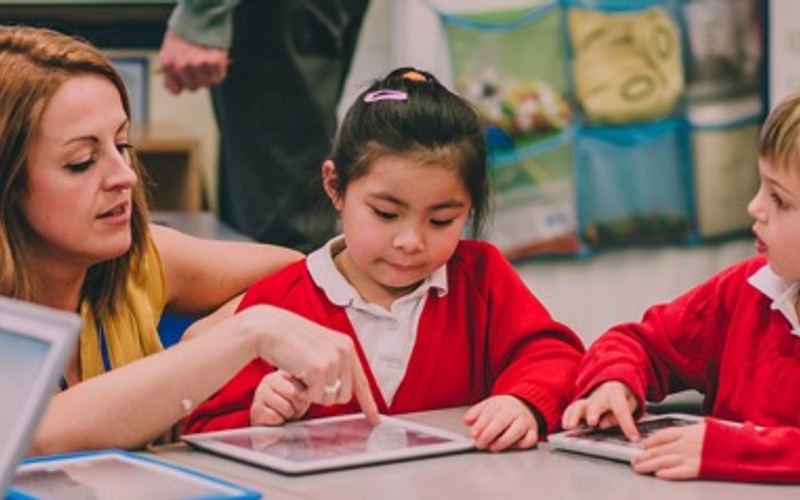Teaching reading and writing forms a pivotal part of a child’s learning, helping them to form communications skills that will be used throughout life.
In the early years of primary school, it’s important to recognise that children will learn in a range of different ways too. As a result, teachers will often employ numerous methods to keep them engaged.
Here we explore some innovative ideas for teaching reading and writing at primary school, from fun activities through to essential approaches.
Can you develop a love of reading?
Teaching literacy is often made easier when children have a love of reading too. Where possible, primary teachers should encourage youngsters to read different texts each day when at home, as it will ultimately aid their development. By better understanding words and how they connect together, it’s possible for them to form a strong bond with the language, meaning they are likely to be more engaged when they return to the classroom.
Take a multi-sensory approach to learning
Vocabulary development is vital at an early age and it gives youngsters an opportunity to adequately say how they think and feel. The best way for primary teachers to improve a youngster’s vocabulary is to use a broad range of approaches and visual aids. It can really help with learning of pupils who are able to link words and pictures together, while other options can include using songs, videos and graphic novels. You may wish to encourage pupils to learn three new words each day and to explain them to others in the room.
How can you weave games into your lessons?
If you’re looking to keep your class engaged, using games is a great solution. By making learning fun, children are more likely to remember what they are learning, while games can also be used to develop key skills, such as communication and creative thinking. Activities and group work can be weaved into lesson plans, encouraging a level of healthy competition in the process. Youngsters will often want to team up with their peers, so it can be a great way of fostering new friendships too.
Take advantage of some prompts
Children love freedom to be creative, so encourage that by using some cleverly worded prompts to act as thought-starters. Ask your pupils to craft a basic story using very simple words, after giving them one line to begin. This way, they can incorporate what they have learnt into their thinking and can show off their creative flair.
Get into the minds of great characters
Books are packed with fantastic characters and children will often have a favourite. A great way to develop knowledge and understanding is to deconstruct those characters, asking questions based on their traits and emotions. This helps children to get inside the minds of these characters, which can enhance their understanding in the process. How might they feel in a certain situation? Or how might they react?
By using these approaches in the classroom, a primary teacher should be able to help their pupils to better express themselves. You’ll want to focus on developing the key skills initially, before gradually building on what is learnt over time. Read our top tips on supporting English students in the classroom.
How Tradewind Recruitment can support Primary Teachers looking for their next role in education
If you’re a Primary Teacher looking for support in writing your CV, preparing for your interview or general help with keeping organised, we have lots of resources to help with that.
Apply today If you're looking for your next primary teacher role. Alternatively, if you're not completely sure what role would best suit you, register with us today and one of our consultants will be able to help you out!






